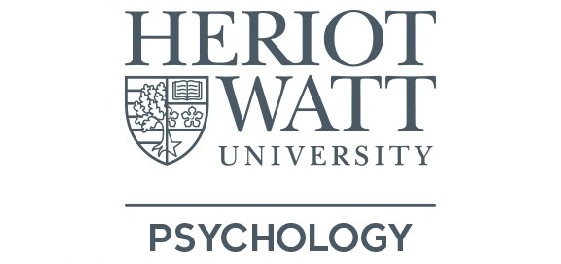
How are Academics Thought of by Society (HATS)?
Louise Delicato and Mark Ewing (Heriot-Watt University)
We investigated how different social groups perceive academics using an established mixed methods approach to identify if and where there are misconceptions about academia. We want to know whether society’s perception of academics is keeping up with academia’s evolution to ensure our teaching, research and scholarship is accessible, trusted, and engaged with by industry, practitioners and the public. Participants (n = 409) completed an online Free Association Task where they provided 5 words or expressions that came to mind when presented with the stimulus word ‘academic’ or one of 5 priming vignettes where the implied ethnicity or gender of the protagonist was manipulated (e.g., Dr. Jane Smith or Dr. Adebayo). We used Social Representation Theory to identify the central, stable elements of the perception of academics and the peripheral, flexible elements that vary by professional group (Academic, Student, non-Academic working in Higher Education, Other Profession) or prime (gender / ethnicity manipulation). Results show that the central stable elements included associations of research, knowledgeable and dedicated for all groups. The association of teaching was notably absent for Students and Academics while Other Profession was the only group to associate societal contribution with academics. We consider these results as well as the contribution of priming on these associations. Greater equality of opportunity within as well as greater impact beyond the Higher Education Institution (HEI) can be achieved by using knowledge of these (mis)perceptions to tailor communication to be inclusive and directed to the wide range of stakeholders that academics and HEIs engage with.
In-person: Mary Burton G14, Heriot-Watt University, Edinburgh.

